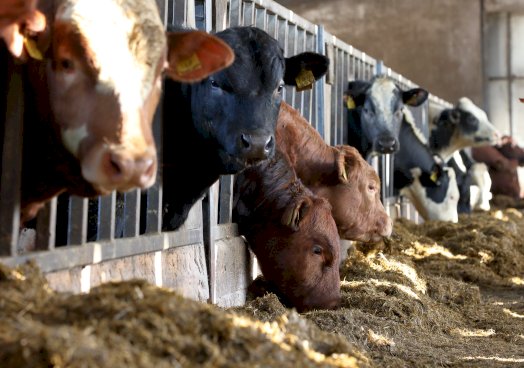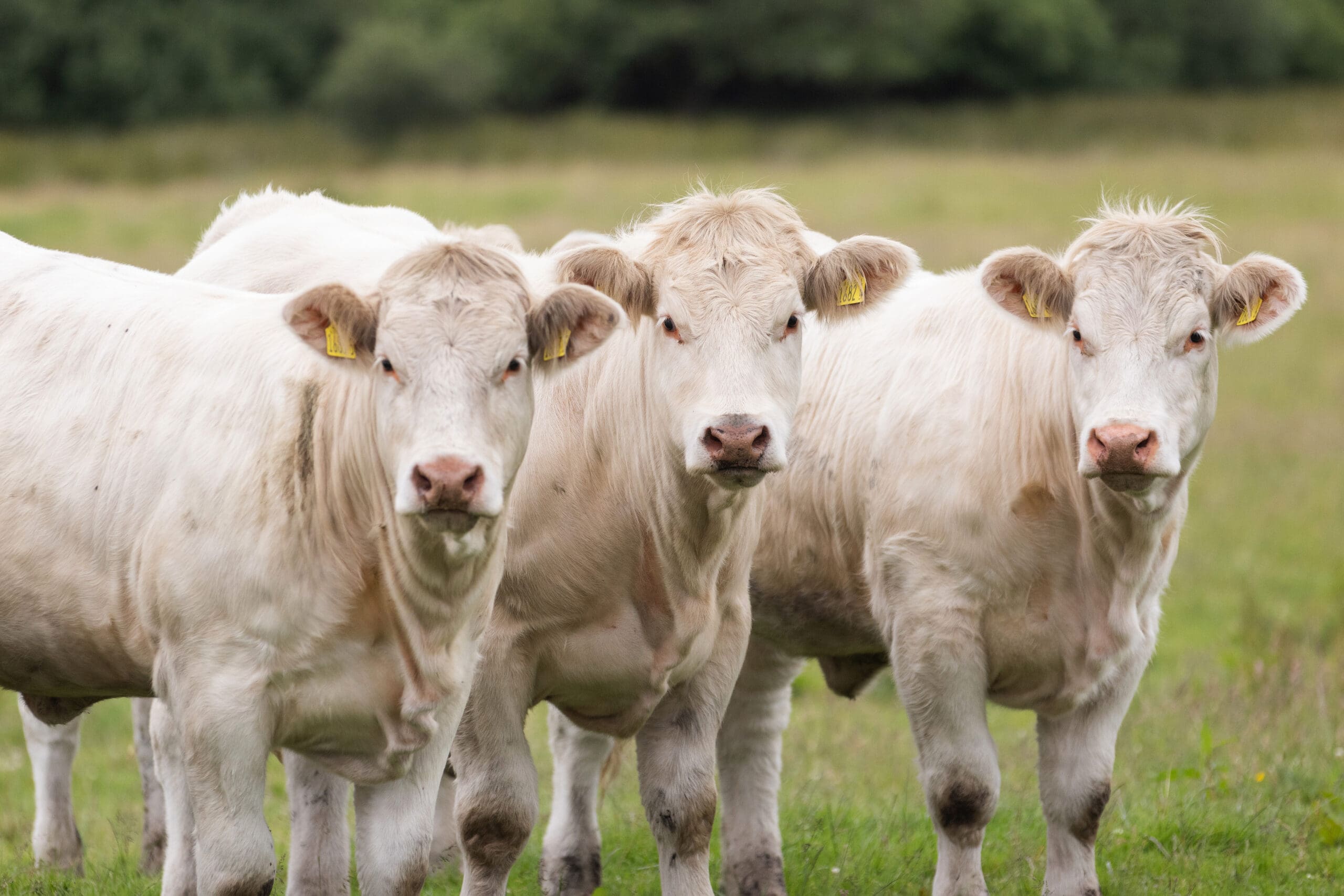
Commodity watch by UFU policy officer David McClure
The Ulster Farmers’ Union (UFU) Animal Health and Welfare committee have been dealing with a complex and varied workload throughout 2022. One major issue that has been a constant area of concern throughout the year, has been the ongoing supply of veterinary medicines to Northern Ireland (NI) beyond the end of 2022.
Under the terms of the NI Protocol, any veterinary products which are used in NI will be under European Union (EU) legislation. Essentially, this extends to administration around where products are licensed and how they are warehoused prior to arriving on the shores of NI. Whilst technical solutions could be achieved around these requirements, the nature of the requirements are not logistically achievable before the deadline.
Since leaving the EU, the supply of veterinary medicines to NI has continued unaffected thus far, facilitated by the grace period. This period of grace is due to expire on 31 December 2022. Despite strong concern from the agricultural and veterinary industry about the EU’s current position on imposing import requirements at the end of 2022, the EU/UK have not yet agreed any long-term solutions for veterinary medicines.
It has been estimated that in excess of 50% of all veterinary medicines will be affected in the absence of a solution. The implications are not limited to products used by farmers. In fact, pet owners and horse owners will also bear the brunt of these effects. Products affected will include but are not limited to anesthetics, pain relief products, and a wide range of vaccinations. Not only does this raise concern about negative impacts on animal welfare but also leaves the ability to prevent and treat disease hanging in the balance, not to mention food security. Especially as some of the vaccines that will be discontinued prevent against diseases that can affect people.
UFU have been engaging at local, Westminster and EU levels to emphasise the importance of developing a permanent solution for the supply of veterinary medicines, akin to that which was agreed for human medicines in 2021. The UFU have also been engaging with Department of Agriculture, Environment and Rural Affairs (DAERA) officials to ensure they play an active role in ensuring our members continue to have access to a full suite of veterinary medicines in the future. However, as we sit currently, only a further extension to the current grace period will guarantee continuation of supply in January 2023. This requires the cooperation of all parties to achieve.
The Veterinary Medicines Directorate (VMD) who remain the competent authority for veterinary medicines in NI, are fully engaged on the issue. VMD have stated that they will use the NI Protocol Bill to ensure continuing supply throughout the UK. Although this sounds like cause for relief, it will take several months for the bill to go through parliamentary approval, which obviously takes the industry beyond the 31 December deadline.
This situation cannot be used as an opportunistic move within the EU to use the supply of veterinary medicines as an example where NI should be made to fall foul of EU administrative regulations that are devoid of common sense. Political focus must be on working actively to address the genuine concerns of the livestock industry and indeed all animal owners in NI. The priority must remain to negotiate an arrangement with the EU on vet meds, and to extend the grace period in order to facilitate the embedding of any changes by the supply chain, which may be required. It is not an option to wait until 2023 arrives and see what products our veterinary surgeons are able to source. Yet this is where the industry is fast heading.




